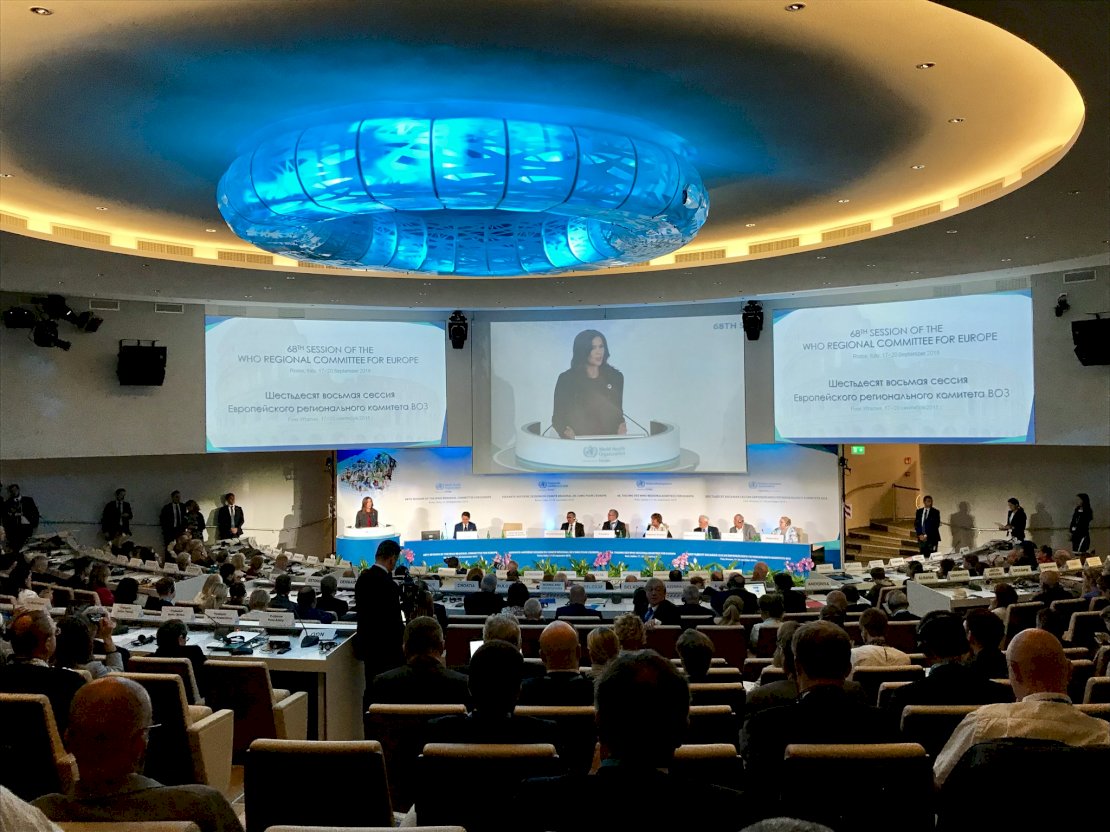
WONCA Europe have published a Statement on Overdiagnosis in Health Care and the Overmedicalisation of Society in collaboration with the European Primary Care Forum, the European (COTEC) and the World Federation of Occupational Therapists (WFOT), Medicus Mundi International Network, Studiorum and Health Care Without Harm.
We would like to draw your attention to overdiagnosis as an important public health matter, which turns people into patients unnecessarily:
- Overdiagnosis has an immense impact; it decreases the quality of healthcare, puts patients at risk of harm, over-stretches health systems, is costly and undermines population health.
- Overdiagnosis is a public health matter: it does harm to healthy individuals and steel resources from those who are in the greatest needs of medical care.
- Overdiagnosis can also lead to over-prescription and over-medicalisation, increasing the release of pharmaceuticals into the environment and the over- and misuse of antibiotics, contributing to the proliferation of antimicrobial resistance.
- Overdiagnosis may occur through over-detection of conditions that will never cause harm or death: one example is detecting an incidental body malformation, another is expanding the definition of a condition giving rise to over-medicalisation of ordinary life experiences such as sadness, fatigue and insomnia.
- Overdiagnosis has multiple triggers and drivers; therefore addressing it at source and at multiple levels is a crucial aspect of managing it.
The statement calls to action to address overdiagnosis and over-medicalisation proactively at all levels of society by:
- Addressing the healthy public through global information campaigns on the unrealistic expectations of many people in society about what modern medicine can deliver. There are no available interventions that can relieve all current and future health anxieties for any individual.
- Introducing new approaches in health professionals’ education at undergraduate and postgraduate level and continuing professional development. Health professionals must be trained to deal with clinical uncertainty as a normal life experience rather than something that is resolved by over-testing and over-intervention. REV 07 – 17th September 2018
- Empowering and providing political support to all health professionals, including family doctors and allied primary health workers, to reduce over-reliance on health assessments and interventions, managing perceived patients’ expectations and demands, and curbing defensive medical practices.
- Reforming systems for screening that does not improve overall mortality while causing patient anxiety and harm.
- Eliminating financial incentives that may promote overtreatment and over-detection rather than improved patient outcomes or improved safety. The situation is complex as poor access to diagnostics and missed diagnosis can co-exist in health systems along with overdiagnosis and over-medicalisation, and can endanger the commitment of ensuring equity in our populations
- Identifying alternative mechanisms to legal action for resolving claims of clinical negligence, and managing the role of health industries in overdiagnosis.
The statement was presented by Harris Lygidakis during the 68th Session of the WHO Regional Committee for Europe.
Published on 20 September 2018.
